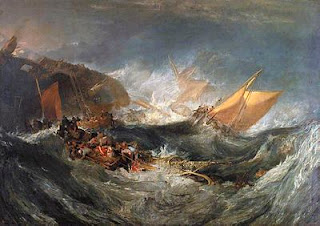The Kiss

“Ryabovitch pulled the bed-clothes over his head, curled himself up in bed, and tried to gather together the floating images in his mind and to combine them into one whole. But nothing came of it. He soon fell asleep, and his last thought was that someone had caressed him and made him happy—that something extraordinary, foolish, but joyful and delightful, had come into his life. The thought did not leave him even in his sleep. When he woke up the sensations of oil on his neck and the chill of peppermint about his lips had gone, but joy flooded his heart just as the day before.” The Kiss By Anton Chekhov (1860–1904)
